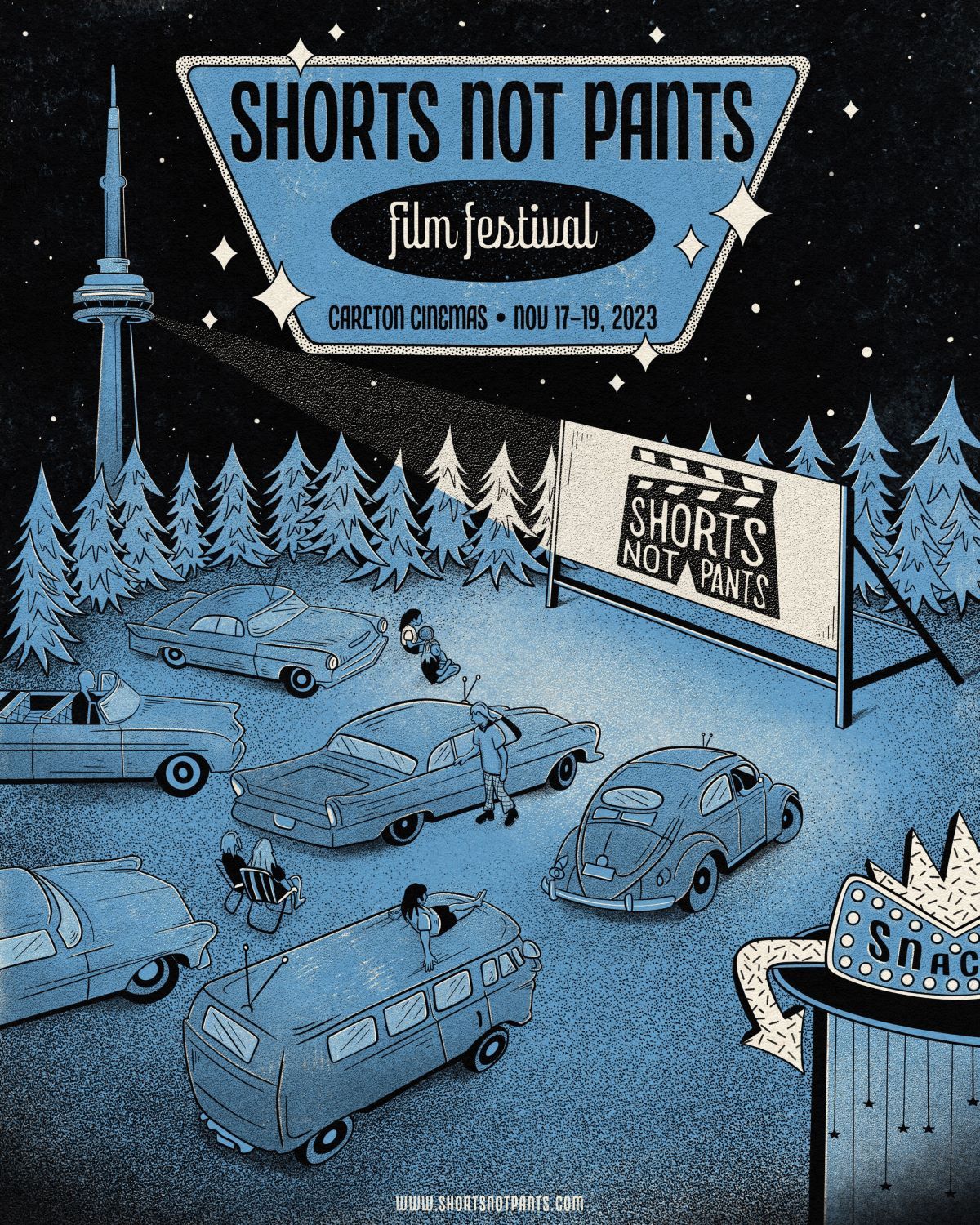Shorts Not Pants is back at Carlton Cinemas in Toronto this weekend with a packed line-up of local and international shorts. We chat with Festival Director James McNally about how the event has evolved, what we can look forward to this year and tips for preparing your next festival submission.
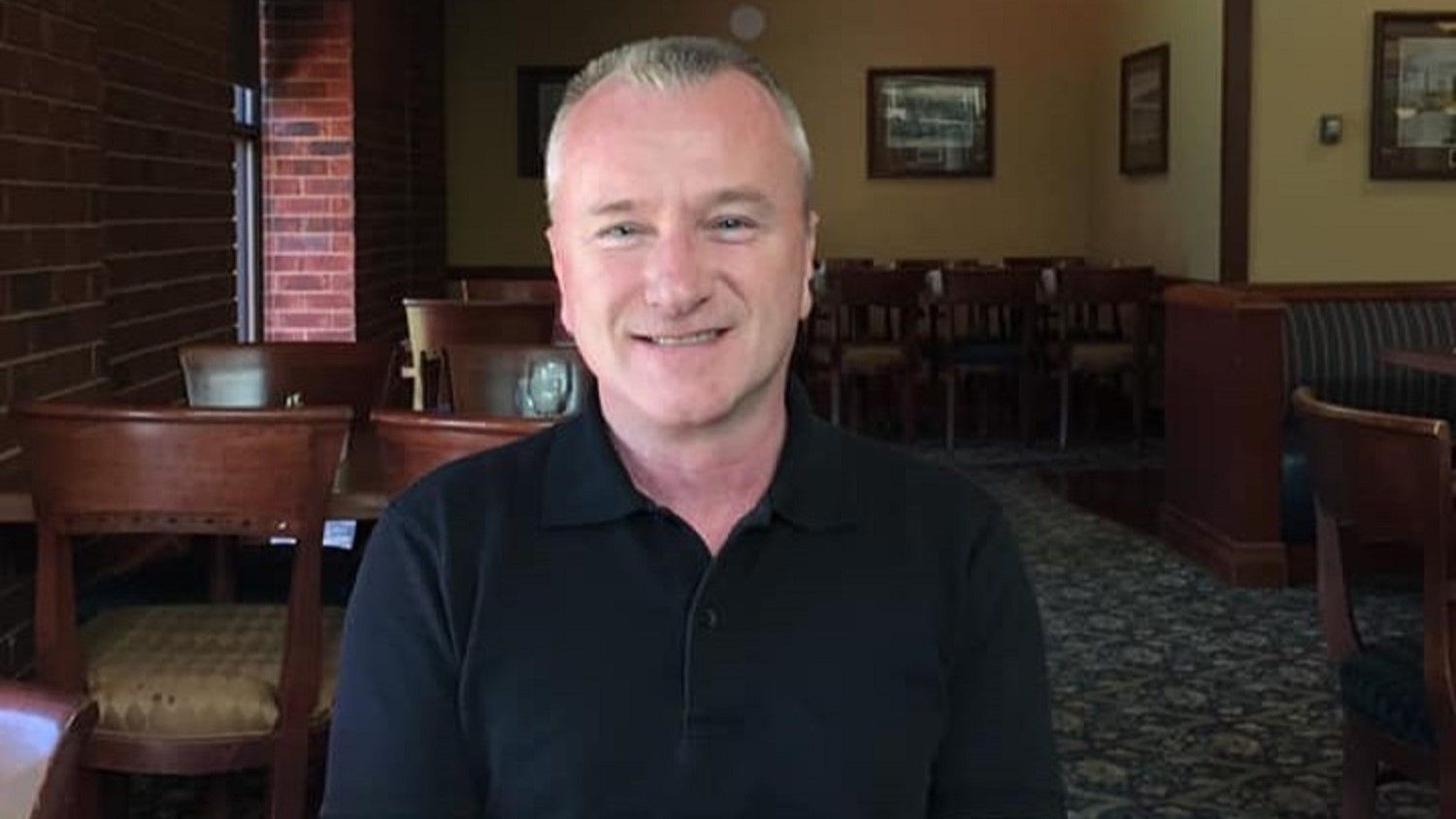
CINEMORATA: Hi James, thanks for joining us! How did you first get involved in the film scene in Toronto?
James McNally: Well, I was a very old-school blogger. I started back in 2000 and I was using one of my early blogs to write about a lot of different things, but I was also a TIFF attendee from way back, and every time I’d go to the festival, I’d come home and write a bunch of reviews on the night. They weren’t great, but they were fast, so I’d put them up. Around 2007, I decided to put all that film stuff on a separate blog called Toronto Screen Shots. Partially through that, I got into short film and wanted to do something local.
C: At what point did you start organizing screenings?
JM: A long time ago, Dave Eggers, the American writer, used to publish a DVD magazine called the Wholphin of short films. It was the first place I’d ever seen shorts other than at TIFF and I was inspired by it. I had people over at my apartment a couple of times to screen little playlists, but then we wanted to see if we could do it at a theater and if anybody would come. We started in 2012. The National Film Board used to have a cinematheque across from the Scotiabank theater that had this perfect 75-seat cinema that we used for a while, but then they closed it down, so we moved to the Carlton Cinema.
C: How has Shorts Not Pants evolved since then?
JM: At first, we weren’t a festival, we were just doing quarterly screenings, so the biggest change for us has been going from that to a festival weekend. At first, I was really nervous about it, because it’s like playing roulette and putting all your money on one number. You’re betting that if you do something on a weekend in November, that people are going to show up. We did evolve in 2018, but we’re still learning, and the whole festival experience is different from putting on a screening. Getting people to come to more than one screening is great, but trying to get them to stay for four screenings in a day is more of a challenge. Especially if you’re once a year, you’re putting a lot of work into the weeks before the festival. That’s hugely nerve-racking.
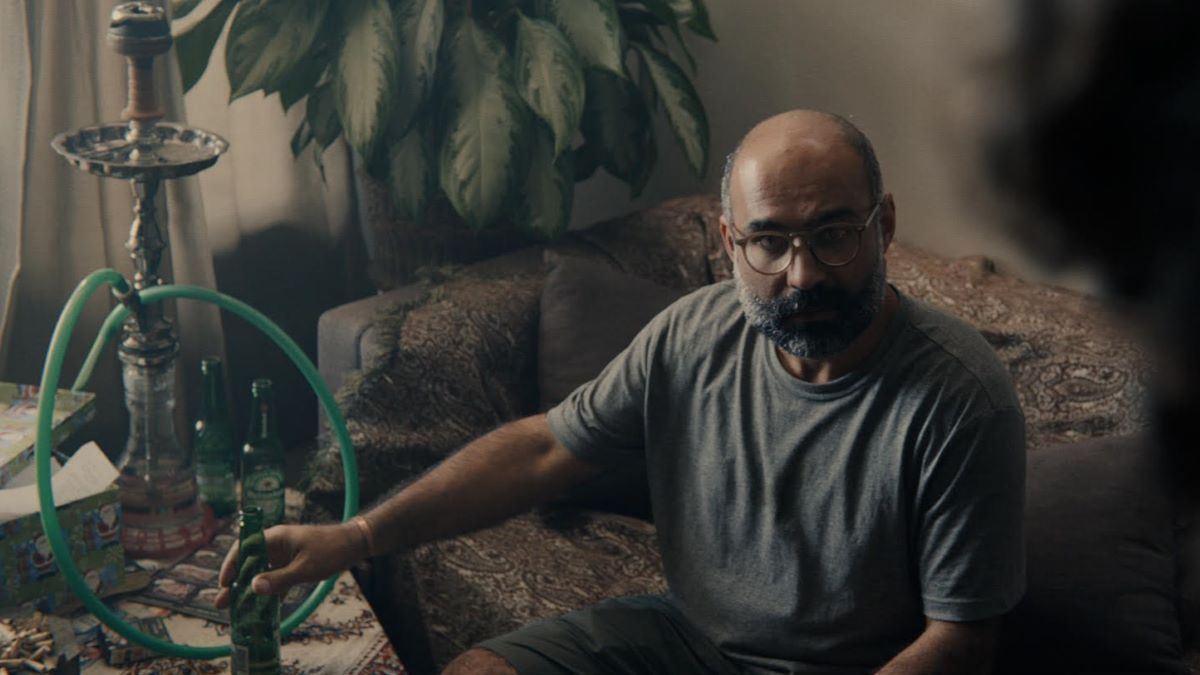
C: What makes Shorts Not Pants special or different from other short film festivals out there?
JM: From the beginning, I wanted to support local filmmakers, but also grow the audience for short films by showing a lot of really good films from around the world that weren’t getting a lot of screen time. For instance, this year, we have a local film called Baba. The filmmakers are huge talents. Their first film, Bump, was very funny. It didn’t play at TIFF, but it did play at Sundance. I met them at Sundance in January and they told me the same thing happened with Baba, so I wanted them to have a hometown screening. I’m hoping that we can give them a bit of a platform that’ll help them.
“I wanted to support local filmmakers, but also grow the audience for short films by showing a lot of really good films from around the world that weren’t getting a lot of screen time.”
C: How much work goes into putting a festival like this on?
JM: For a long time, it was just me, but now we have a board of directors and people helping out. It’s still small, but there’s a lot to do and I don’t have to do all of it myself anymore. It usually starts in February, when we open up the submissions and then have to promote it on social media. There’s always something to do, getting the submissions, watching them, booking the venue, getting a poster and other materials designed. We have to bring in volunteers at a certain point and we have a programming team that’s also volunteers. There are also sponsorships and trying to get money for the festival to operate. Then there is the event itself.
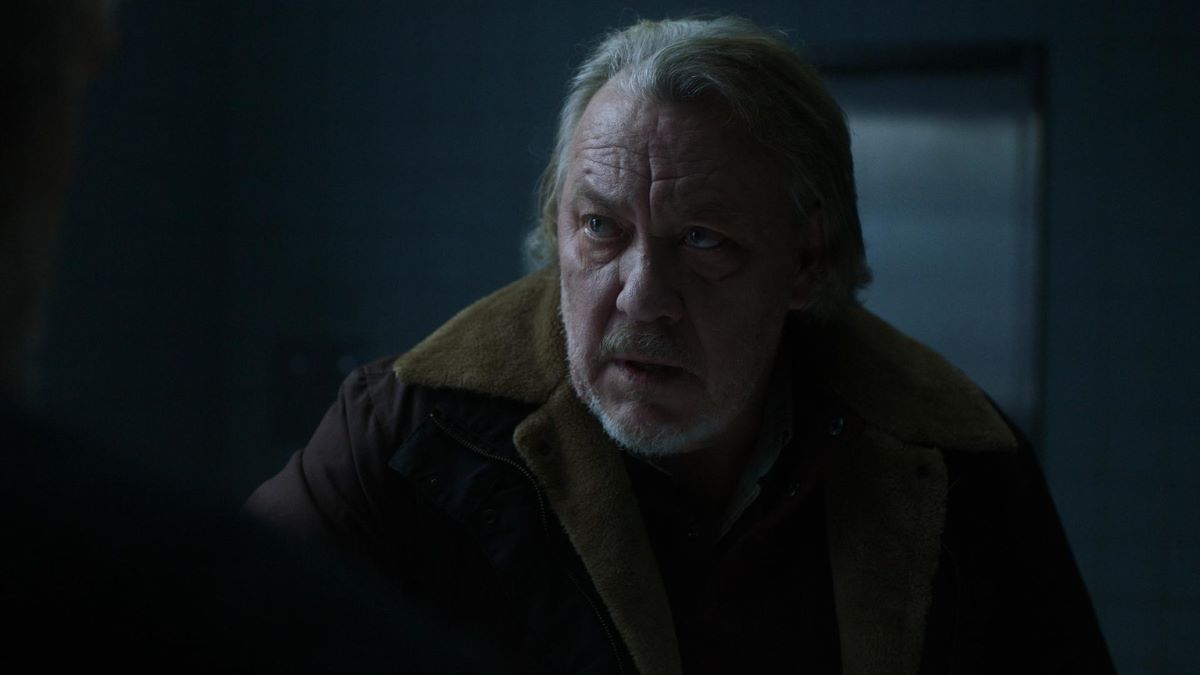
C: How do you go about selecting the films you screen each year?
JM: In the beginning, it was all curated, but now we do a mix. Believe it or not, in the rest of the world, short films are treated pretty seriously. Even in Quebec, we have tons of great distributors, so I usually give them a heads up every year and ask them to send me a few of their best films. That doesn’t mean they’re going to be programmed, but it primes the pump a little bit. We then do an open call that goes from February to September and get 300 to 400 submissions. If we had more, it’d be hard for us to watch them all. We usually program around 50 to 60 films, but I always feel it’s a privilege to be able to pick great films, because we see a lot of good stuff and it’s hard to choose sometimes.
“I always feel it’s a privilege to be able to pick great films, because we see a lot of good stuff and it’s hard to choose sometimes.”
C: Do you have any advice for filmmakers who want to submit their work to festivals?
JM: Don’t blindly submit. It’s easy to submit to every festival, but you should do a little digging to see if the festival has a website, if it has social media, if there’s a real person behind it. Some festivals never tell you the name of anybody involved. I’m happy for people to know that I’m behind it and they can see I’m a real person and that I have integrity. If you don’t know the person behind the festival, I’d be suspicious. Also, look at the stuff that the festival has shown before to see what they’re looking for. If you can talk to a filmmaker that has been programmed there before, that’s a good idea, too.
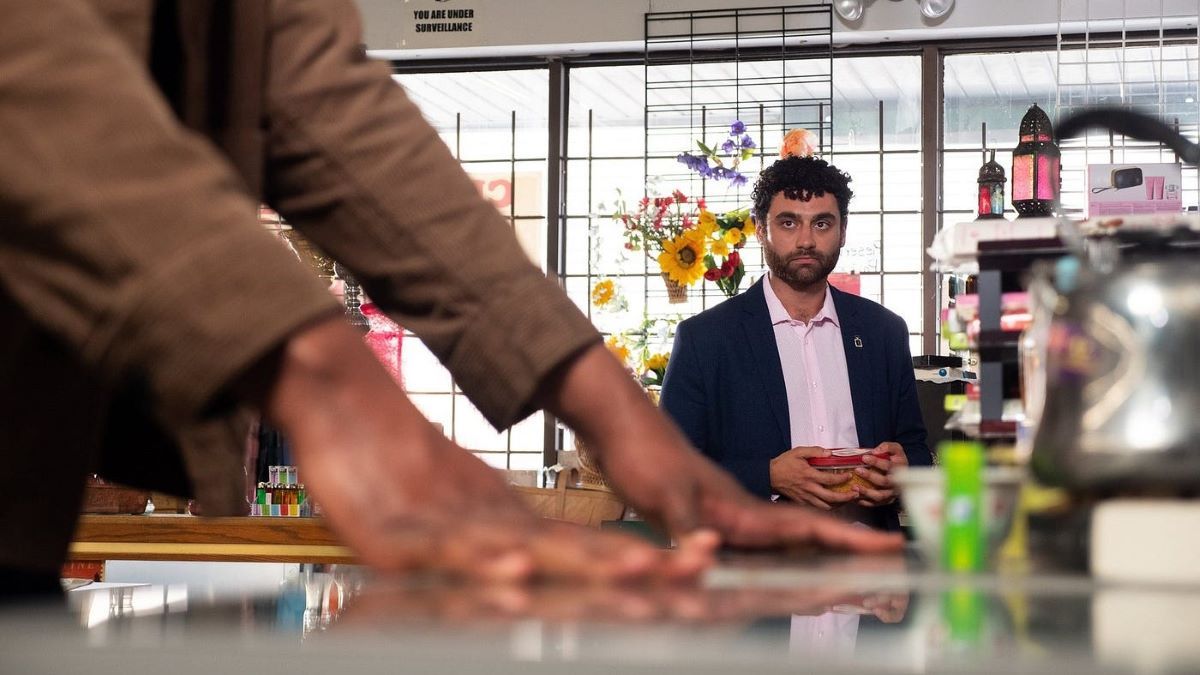
C: Will we see anything new or different at this year’s festival?
JM: Every year is different, but we’re trying to add value not just for audiences but for filmmakers, too, so we have a couple of panels planned this year. One is a bunch of filmmakers and producers talking about issues around filmmaking and then we’ll have one that’s about social media and PR for filmmakers, which is a huge thing now.
C: Any particular films or blocks you’re looking forward to?
JM: It’s hard to pick a favorite film, but we have a good range. We expect more people in the evenings, so we usually program the stuff that we think will be more crowd-pleasing then. One film is called Knight of Fortune. It’s from Denmark. It’s really funny and sad, but if you know Nordic humor, I’d recommend it. On Saturday evening, we also have a number of local films, including one called EITR. It’s about a Middle Eastern guy who works in a perfume shop. He’s a closeted gay man and somebody comes in to buy something and he’s flirting with them. It’s really funny, but it’s very sweet and we’re going to have the filmmaker there for a Q&A as well.
C: What else can we expect to see this weekend?
JM: The good thing about shorts is that they go together like a mixtape or a playlist. There are a lot of things going on in every block. You’ll get dramas, comedies, documentaries, animation and thrillers, films from Canada and from all over the place. There’s stuff that you’ll never see anywhere else and I can guarantee you that you’ll be surprised. We’re also back at Carlton Cinemas this year. It’s easy to get to, great concessions and you can get a beer at night.
Shorts Not Pants 2023 runs November 17-19 at Carlton Cinemas in Toronto. Check out their screening schedule and get your tickets here or follow them on Instagram here (@shortsnotpants). Connect with James McNally on Instagram here (@jmcnally).
